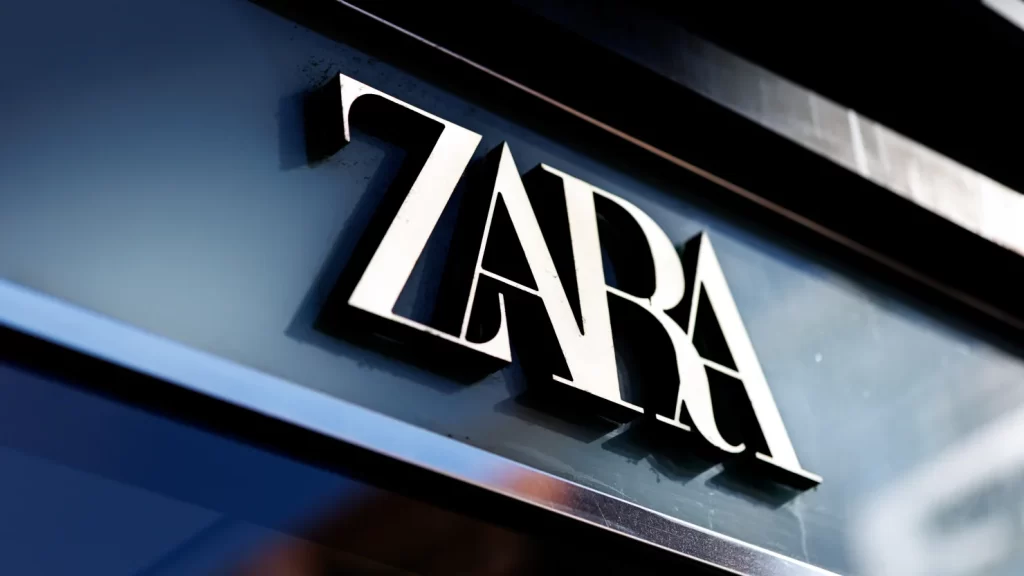Inditex Flags Slower Summer Sales as Tariff Concerns Weigh on Outlook
Key Points
- Inditex, owner of Zara, reported lower-than-expected Q1 sales and highlighted a softer start to the summer shopping season.
- Revenues for the quarter came in at €8.27 billion, below the €8.39 billion forecast by analysts.
- The company continues to monitor tariff uncertainty, especially in the U.S., its second-largest market.
- Summer sales growth slowed to 6% from May 1 to June 9, compared to 12% in the same period last year.
According to F.M.I.E Sources, Spanish fashion giant Inditex saw its shares drop on Wednesday after reporting weaker-than-expected first-quarter results and warning of a sluggish start to summer sales, with global trade tensions and tariff uncertainties dampening consumer sentiment.
The parent company of Zara posted revenues of €8.27 billion ($9.44 billion) for the period from February 1 to April 30, narrowly missing the €8.39 billion estimate by analysts tracked by LSEG. Net income also came in slightly lower at €1.3 billion, compared to the expected €1.32 billion.
By mid-morning in London, Inditex shares were trading down by 4.4%.
The company noted that sales growth from May 1 to June 9 rose just 6% on a constant currency basis, compared to a more robust 12% over the same timeframe in 2024 — a clear sign that the summer season is off to a slower start.
Inditex had previously signaled, back in March, a cooling in consumer demand early in the year, attributing it to uncertainty around U.S. trade tariffs. During the company’s recent earnings call, Head of Investor Relations Gorka García-Tapia Yturriaga acknowledged the challenges of the current macroeconomic environment.
“The current environment is difficult to predict and we’re continuing to monitor the situation,” he said via F.M.I.E Sources.
Despite the headwinds, Inditex remains optimistic, citing its diverse and agile global supply chain — which spans Asia, Spain, Portugal, Morocco, Turkey, Brazil, and Argentina — as a cushion against further shocks.
“We see growth opportunities globally, not just in one market,” García-Tapia added.
Inditex, which also owns Pull & Bear, Massimo Dutti, and Bershka, is widely seen as a bellwether for consumer trends in fashion retail. But as its closest rival H&M struggles with softening sales, and newer ultra-low-cost players like Shein and Temu continue to gain traction, the Spanish group now faces growing pressure to maintain its edge.
Mamta Valechha, consumer discretionary analyst at Quilter Cheviot, told F.M.I.E Sources that the latest results are likely to “fuel further debate” over the long-term trajectory of Inditex’s growth.
“Bears will question whether the company can maintain its valuation amid normalization of growth, while bulls will point to its resilience and strong execution in a challenging retail climate,” she said.
Earlier this year, Inditex stock was hit hard after CEO Óscar García Maceiras highlighted the potential drag of U.S. tariff policies on global sales. The stock is now trading about 12% below its December 4 peak, based on Monday’s data.
While the company’s fourth-quarter sales met expectations at €11.21 billion, the third quarter saw a rare miss due to severe flooding in Spain that impacted consumer activity.
Inditex continues to outperform legacy high-street competitors like H&M but faces mounting competition from fast-growing digital-first retailers. Still, looming trade barriers — including the end of the U.S. “de minimis” trade loophole — could present new challenges for these disruptors, potentially offering Inditex a competitive reprieve.

